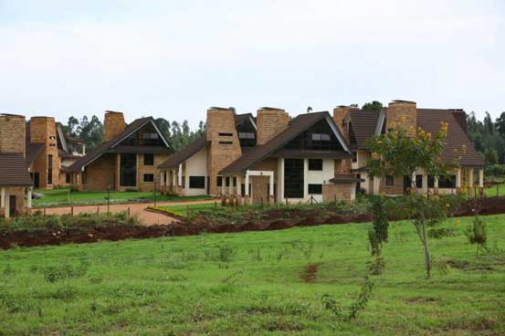×
The Standard e-Paper
Home To Bold Columnists

NAIROBI, KENYA: The prolonged electioneering period has seen Kenya’s real estate sector face one of the most turbulent phases in recent history.
Various reports in the last two weeks paint the picture of a jittery sector as the elections that were supposed to be concluded in August dragged on to this week with clouds of uncertainty hanging overhead. A legal challenge to Uhuru Kenyatta’s win has the potential to push the political stalemate to February next year.